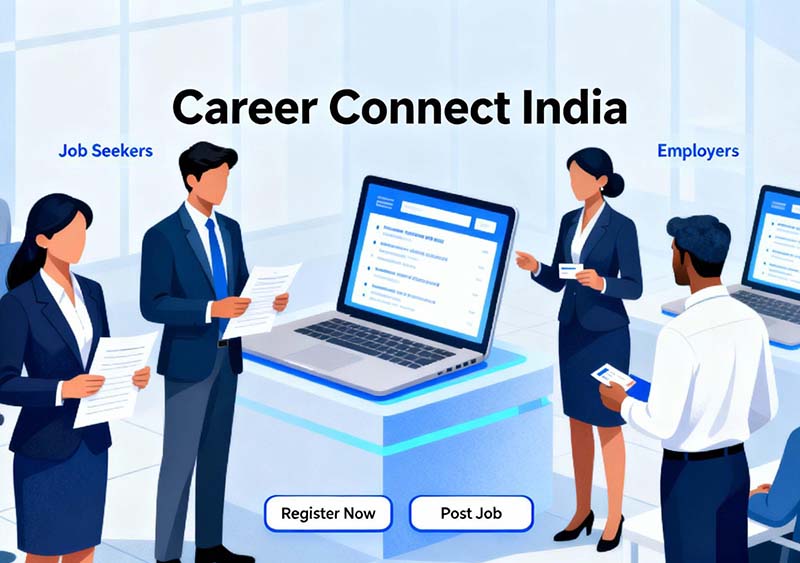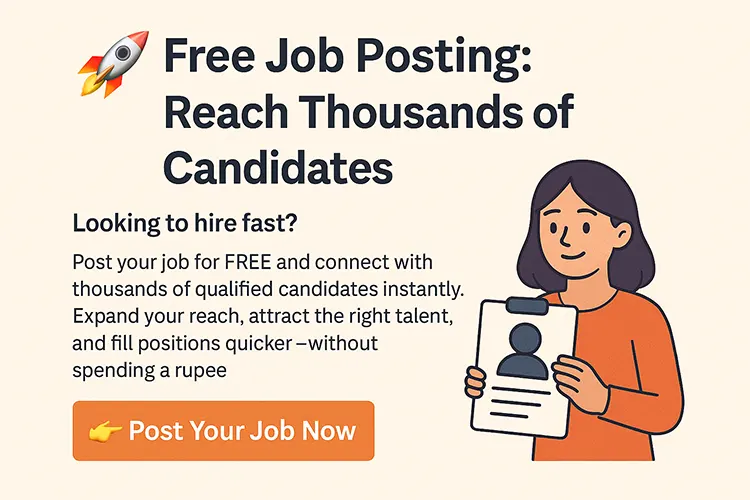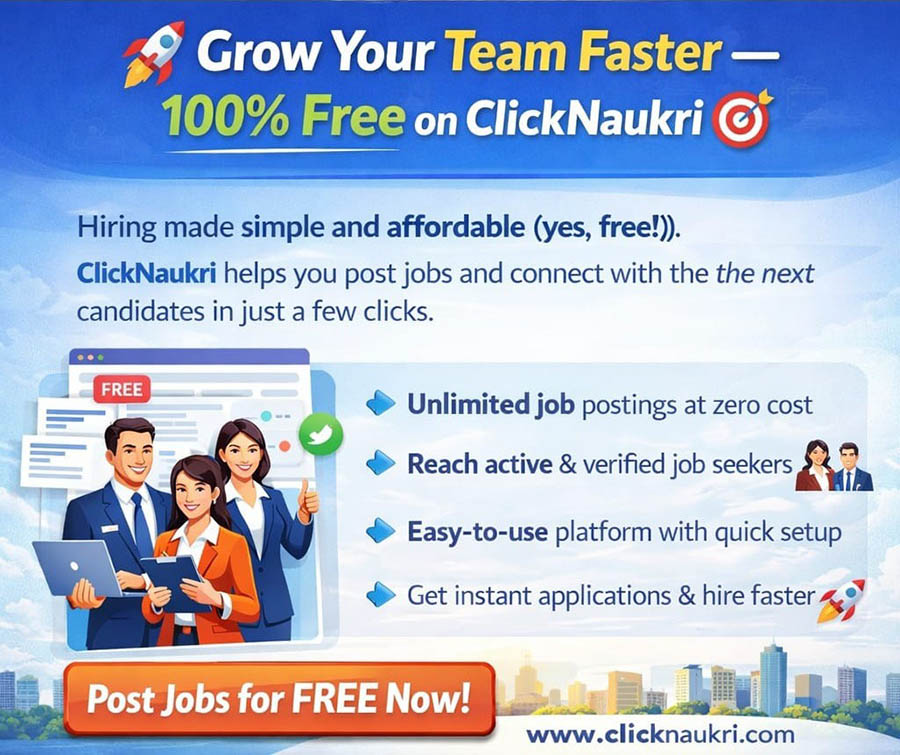Zerodha’s Nikhil Kamath Says Degrees Are Dead—Here’s What Really Matters Now
On June 26, 2025, Nikhil Kamath—co-founder of Zerodha and one of India’s youngest billionaires—dropped a provocative post on X.
If you’ve ever sat in a boring lecture wondering, “Will this even help me 10 years from now?”—Zerodha co-founder Nikhil Kamath just confirmed your doubts. He said, “The days of four-year college courses are over. Lifelong learning is the new norm for everyone.” He wasn’t speaking in generalities. Kamath cited the World Economic Forum’s Future of Jobs Report 2025, which projects a dramatic labour shift by 2030. This blog decodes Kamath's perspective and what the Jobs Report 2025 reveals.
The Degree Alone Cannot Be Your Saviour.
Kamath’s statement came just after the World Economic Forum (WEF) released its 2025 Future of Jobs Report, and let’s just say—it doesn’t look good for people stuck in the old system. Here's what we're up against: By 2030, 92 million jobs are expected to disappear. At the same time, 170 million new jobs are expected to be created. That leaves a net gain of 78 million jobs—but they'll be completely different from the ones we know today. If you think a traditional degree will carry you through life—you might want to rethink your plan.
According to the same WEF report, only about a third of work will be entirely human-driven by 2030. That’s a dramatic fall from where we are today. Meanwhile, machines will handle over 34% of the tasks we used to consider fundamentally human. The remaining chunk? It belongs to hybrid roles that mix automation with human oversight.
Kamath’s Point of View
What really stands out in Kamath's statement is the idea that lifelong learning isn't just useful—it's mandatory. The old path was linear. You went to school, earned a degree, secured a job, worked for 30 years, and then retired. That path has cracked. It's being replaced by a loop of continuous reinvention. You'll need to learn, work, upskill, pivot, and repeat. This isn't just about chasing job titles—it's about staying employable in an era where the nature of work itself is evolving every few years. One of Kamath's strongest points is that adaptability will be the most necessary skill in the next decade. That means the people who succeed won't be the ones with the best grades or most prestigious degrees but those who are most curious, most willing to change, and most open to learning again and again.
If you look closer, Kamath isn’t talking about the end of learning. He’s talking about a radical transformation in how we learn.
The Skills That’ll Actually Matter
So, if degrees are no longer the endgame, what is? Kamath and the WEF both emphasise one keyword: adaptability. No coding. Not finance. Not design. It's your ability to learn, unlearn, and relearn that's going to matter most. That said, there are definitely some skills rising to the top. The most in-demand abilities by 2030 include:
- AI and Big Data Understanding
- Cybersecurity
- Analytical and critical thinking
- Creativity and originality
- Resilience, curiosity, and emotional intelligence
- Leadership and team management
- Environmental awareness and sustainability thinking
How Do We Really Do This?
If you're wondering how actually to apply all this, the good news is that you don't need to overhaul your life overnight. Start with small, intentional steps. Pick one area you're curious about and start learning—maybe through a YouTube channel, a podcast, a free online course, or a weekend project. Build a learning habit. Maybe you dedicate 30 minutes every evening to reading a blog, watching a documentary, or testing a new tool. Over time, that adds up to real progress. And real progress builds real confidence.
If you’re a student, look beyond the curriculum. Your degree can still be valuable, but only if you pair it with real-world skills, internships, and side projects. The goal isn’t just to pass exams but to build a portfolio of abilities that you can take anywhere. If you’re a working professional, commit to staying sharp. Set a goal to learn one new thing every quarter—whether it’s a coding language, a software tool, a public speaking course, or a leadership workshop. It’s not about mastering everything. It’s about staying in the game.
For employers, this shift means changing how you hire and train. Instead of obsessing over degrees and GPAs, start looking for curiosity, flexibility, and grit. Ask candidates how they’ve learned from failure, how they’ve upskilled, and how they handle change. Invest in your team’s learning, not just their output. Provide them with the time, tools, and resources to grow—not just for the company’s sake, but for their own, because an adaptable workforce is your best defence against disruption.
Conclusion
Kamath’s post may feel like a brutal truth bomb, but it’s also an invitation. It’s an invitation to stop outsourcing your future to institutions and start owning it yourself. The future won’t wait for a degree. It will reward those who dare to grow, adapt, and stay endlessly curious. In this new era, your most powerful asset isn’t a certificate on the wall. It’s your hunger to keep learning long after the final exam is over.
For more such updates, follow ClickNaukri – The Best Job Listing Company in India.
Thank you for reading 🙂
------------------------------------------------------------------------------------------------------------------
Read more blog click here
Follow us on Instagram
If you want to build your website at an affordable price, then click here













